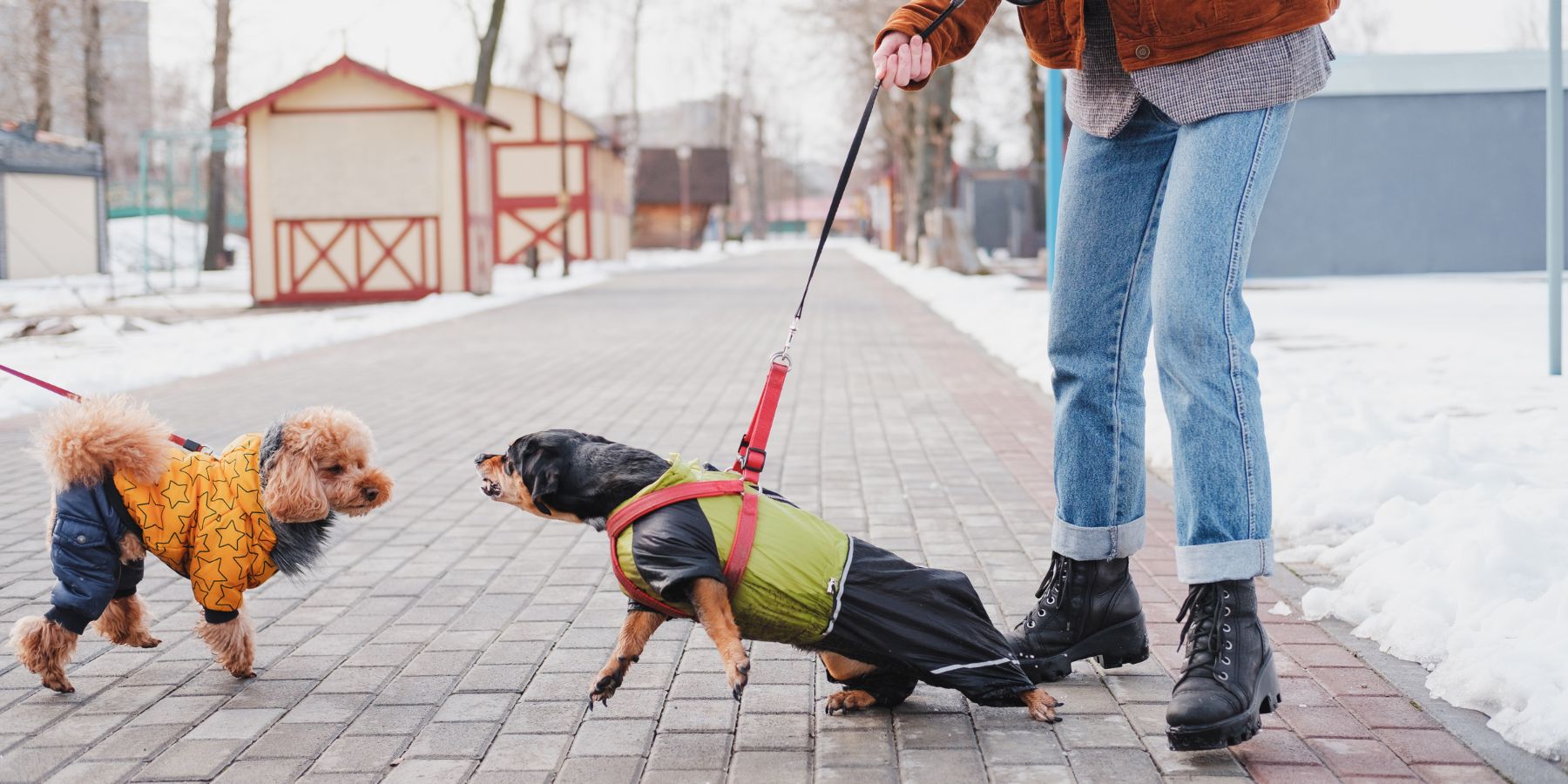Handling aggression in dogs requires a careful approach that focuses on understanding, patience, and consistent training methods. This guide will explore common training techniques to address aggressive behavior in your canine companion.
Understanding Aggression in Dogs
Before delving into training methods, it’s crucial to recognize the signs and causes of aggression in dogs. Common triggers include fear, anxiety, territorial instincts, and protective behavior. Identifying these triggers is the first step in addressing aggressive tendencies.
1. Positive Reinforcement Training
Positive reinforcement is a widely used and effective training method for dealing with aggressive behavior. This approach involves rewarding desirable behavior with treats, praise, or affection. When a dog exhibits non-aggressive actions, providing positive reinforcement reinforces the idea that calm behavior is rewarded.
2. Desensitization Techniques
Desensitization involves gradually exposing a dog to stimuli that trigger aggression in a controlled and positive manner. This can help the dog build tolerance and reduce aggressive reactions over time. For example, if a dog shows aggression towards other dogs, desensitization might involve controlled interactions at a safe distance.
3. Behavior Modification
Behavior modification focuses on changing the underlying emotions and responses that lead to aggression. This may involve redirecting the dog’s attention to more appropriate behaviors or teaching alternative responses to stressful situations.
4. Creating a Safe Environment
Providing a designated safe space for your dog is essential in handling aggression. This space can be a quiet corner with their bed or a crate where they can retreat when feeling overwhelmed. Having a safe haven contributes to a sense of security.
5. Professional Guidance
Seeking assistance from a professional dog trainer or behaviorist is advisable, especially in cases of severe aggression. These experts can provide personalized strategies, observe the dog’s behavior, and offer guidance based on their expertise.
Building Trust Through Consistency
1. Consistent Application of Techniques
Consistency is key when applying training methods. Dogs thrive on routine, and knowing what to expect contributes to a sense of security. Consistently applying the chosen techniques reinforces positive behavior over time.
2. Avoiding Punishment
Punishment can escalate aggression and should be avoided. Instead, focus on positive reinforcement, redirection, and providing alternatives to undesirable behaviors.
3. Regular Veterinary Check-ups
Ensure your dog is in good health by scheduling regular veterinary check-ups. Aggression can sometimes be linked to pain or discomfort, and addressing underlying health issues is crucial.
Calming Aggressive Dogs: A Vital Skill in Training
How to calm an aggressive dog is a crucial aspect of effective training. By implementing calming techniques alongside the mentioned training methods, you can help your dog develop a more balanced and controlled demeanor. Techniques may include using a calm and assertive voice, providing a safe space, and avoiding confrontational situations.
FAQs about Handling Aggressive Dogs
Q1: Can all dogs overcome aggression through training?
While many dogs respond positively to training, results may vary. Some cases may require additional professional intervention.
Q2: Is aggression always a sign of a poorly trained dog?
Not necessarily. Aggression can result from various factors, including fear, anxiety, or medical issues. Training is essential, but addressing the root cause is crucial.
Q3: How long does it take to see results from training?
The timeline for seeing results depends on the dog and the specific circumstances. Patience and consistency are key factors in achieving lasting behavioral changes.
Q4: Can aggressive behavior be completely eliminated?
Complete elimination of aggressive behavior may not always be possible, but significant improvement is achievable with proper training and management.
Q5: Are certain breeds more prone to aggression?
Various factors influence aggression, and while some breeds may have certain tendencies, individual temperament plays a significant role.
